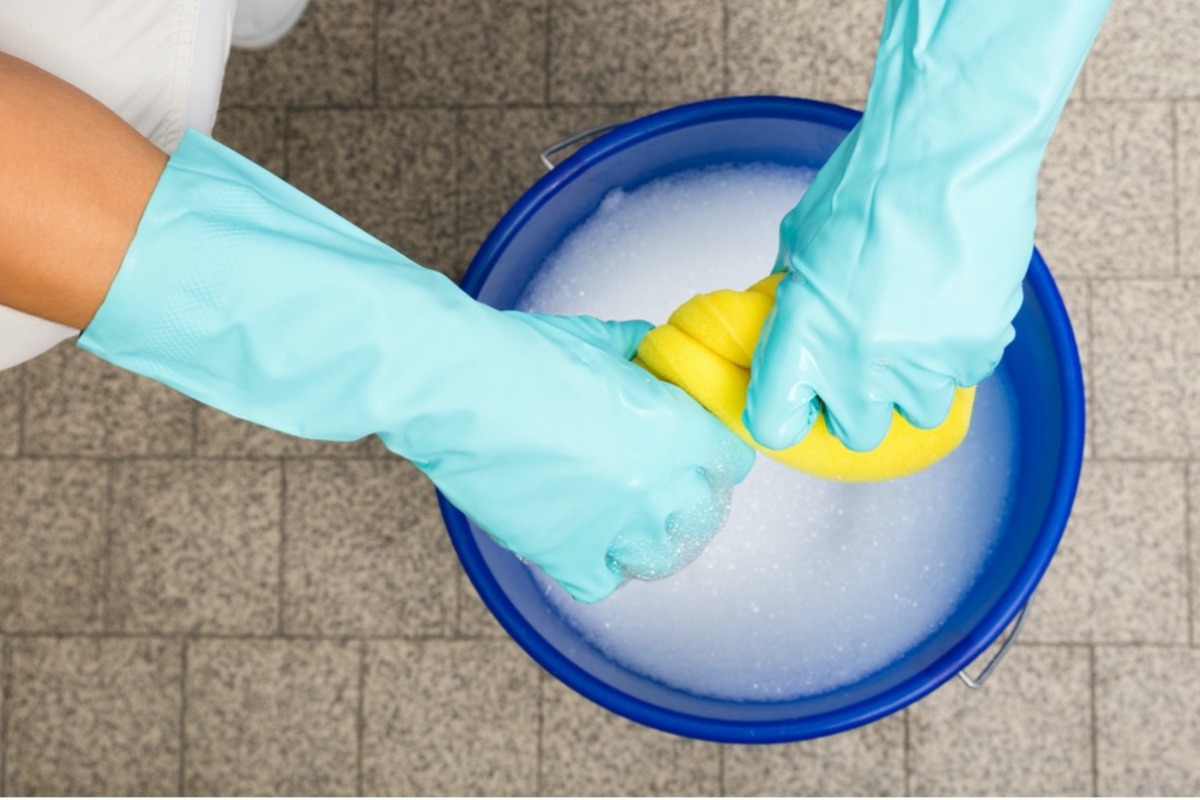Essential Guide to Security Screen Maintenance: What You Should Know
Proper maintenance of security screens is essential for their longevity and appearance. Spensa Screens uses Tensile-Tuff hardened steel mesh, highly corrosion-resistant, but debris accumulation over time can lead to a stained appearance. However, external elements like moisture, salt, and pollutants can impact its condition.
This guide highlights the importance of caring for security screens. It provides steps for effective maintenance, including using Spensa's wash and wax or locally purchased products, gentle cleaning techniques, and avoiding harsh chemicals to ensure a like-new state and preserve the product warranty.
How does Dirt Build Up happen?
Dirt buildup on security screens occurs due to a combination of factors. The Tensile-Tuff hardened steel mesh used in security screens can trap dirt and pollutants over time, much like any other mesh material. The mesh is coated with a high-grade durability powder, which helps protect it from rusting but cannot prevent debris accumulation.
Security screens are typically installed on the exterior of homes, exposed to the elements. Moisture and impurities in the air can cause reddish marks on the mesh, while salt can lead to fluffy white marks, especially for homes near the ocean.
These environmental elements deposit dirt and grime on the security screen, resulting in a stained appearance over time. While the steel material and powder coating is highly corrosion-resistant, regular maintenance is necessary to keep the security screens looking their best and functioning optimally.
Types of Security Screens
Several types of Sliding security screens are available, each designed to offer enhanced security and protection for homes and businesses. Some of the common types include:
Mesh Security Screens: These screens are made from high-quality metal mesh, often stainless steel, which provides excellent visibility while offering protection against intruders and insects. They are commonly used for doors and windows.
Grille Security Screens: Grille screens are made of strong metal bars or grilles, providing a physical barrier against forced entry. They are often installed over windows and can come in various designs to complement the property's aesthetics.
Perforated Security Screens: These screens feature small holes or perforations in the metal, allowing airflow and visibility while providing security and protection. They are suitable for windows, doors, and even fencing.
Crimsafe Screens: Crimsafe is known for its high-quality stainless steel mesh screens. They resist impact, cutting, and corrosion, providing an excellent deterrent against intruders.
Hinged or Sliding Security Doors: These are full-sized doors with integrated security features, often made from durable materials like steel or aluminium. They provide an added layer of protection for entry points.
Security Window Film: Unlike traditional screens, security window films are applied directly to glass windows. They strengthen the glass, making it more difficult to break and providing additional protection against forced entry.
Retractable Security Screens: These screens can be pulled out or folded away as needed, offering flexibility regarding when to use them. They are often used for large openings like patios and verandas.
Barrier Doors: Barrier doors are heavy-duty doors made of steel or other robust materials, serving as a strong physical barrier against unauthorized access.
Expandable Security Gates: These gates can expand or retract, offering security and convenience. They are commonly used for storefronts, patio doors, and other large openings.
The type of security screen you choose will depend on your specific security needs, budget, and aesthetic preferences. Each type provides varying levels of protection and functionality, so it's essential to consider your requirements before selecting.
How to Care for a Security Screen?
Caring for a security screen is crucial to maintain its appearance and functionality. Here are the steps to effectively care for your security screen:
Regular Cleaning: Include the security screen in your routine maintenance schedule. You may need to clean it more frequently depending on your location and environmental factors.
Use Recommended Products: Spensa Screens recommends using their wash and wax product specifically designed for their screens. Alternatively, you can use locally purchased car wash and wax solutions, ensuring they suit the screen's materials.
Gentle Cleaning Process: Gently wash the screen with the chosen cleaning solution. Use a soft, non-abrasive brush to remove dirt and grime from the mesh and frame.
Wipe Down: After cleaning, wipe down the screen with a soft cloth and clean water. This step helps to remove any remaining residue and ensures a spotless finish.
Avoid Harsh Cleaners: Refrain from using strong, solvent-based, or abrasive cleaners. Such products can damage the factory-applied protective powder, reducing the screen's lifespan and appearance.
Seek Professional Assistance: If you have any questions or concerns about maintaining your security screen, Spensa Screens is available to offer guidance and support. Don't hesitate to contact them or your local Spensa dealer for assistance.
By following these care instructions, you can prolong the life of your security screen, maintain its like-new appearance, and protect your investment in the product. Remember that adhering to the recommended care guide is essential to avoid voiding the product warranty.
Conclusion
In conclusion, proper maintenance is paramount for ensuring the longevity and appearance of your security screen. Regular cleaning, recommended products, and gentle cleaning techniques are essential to keep the screen in optimal condition.
Avoiding harsh cleaners is crucial to preserve the factory-applied protective powder, which safeguards against corrosion. Following the care guide, you can safeguard your investment and maintain the security screen's functionality and aesthetic appeal.
Spensa Screens and its knowledgeable dealers are ready to provide assistance and support if you have any queries or concerns. By diligently caring for your security screen, you can enjoy its benefits for years.
